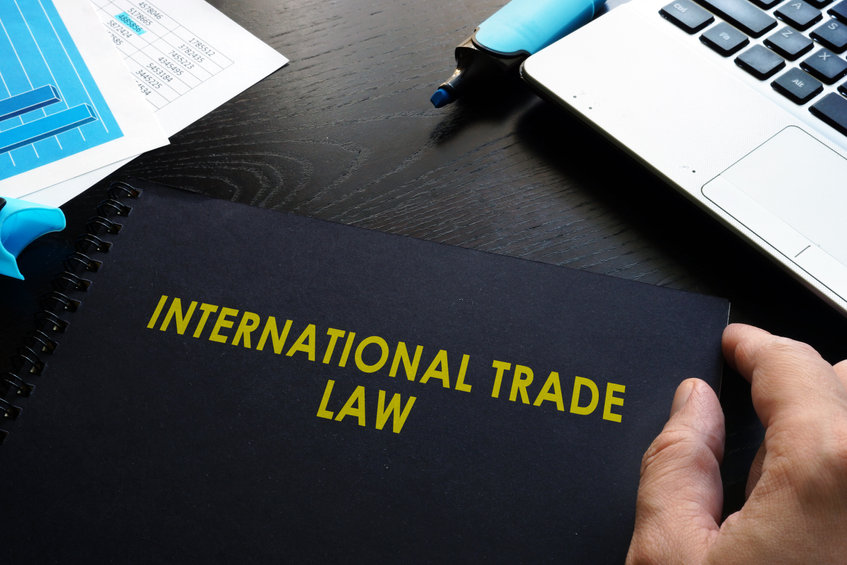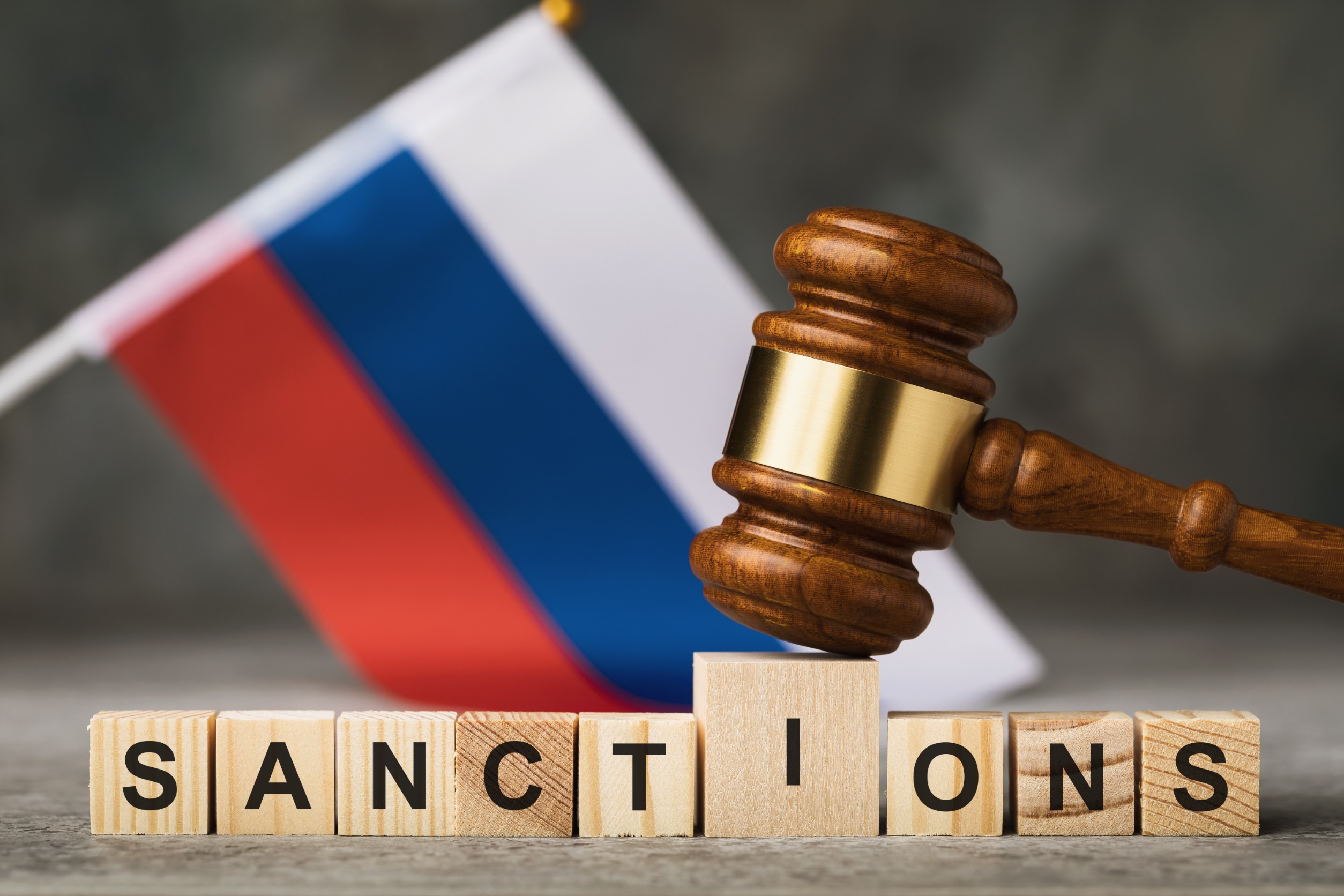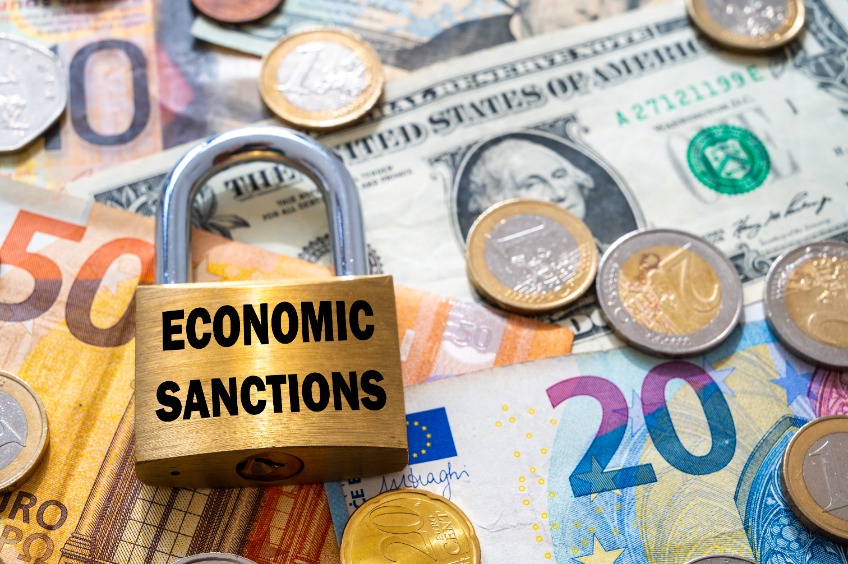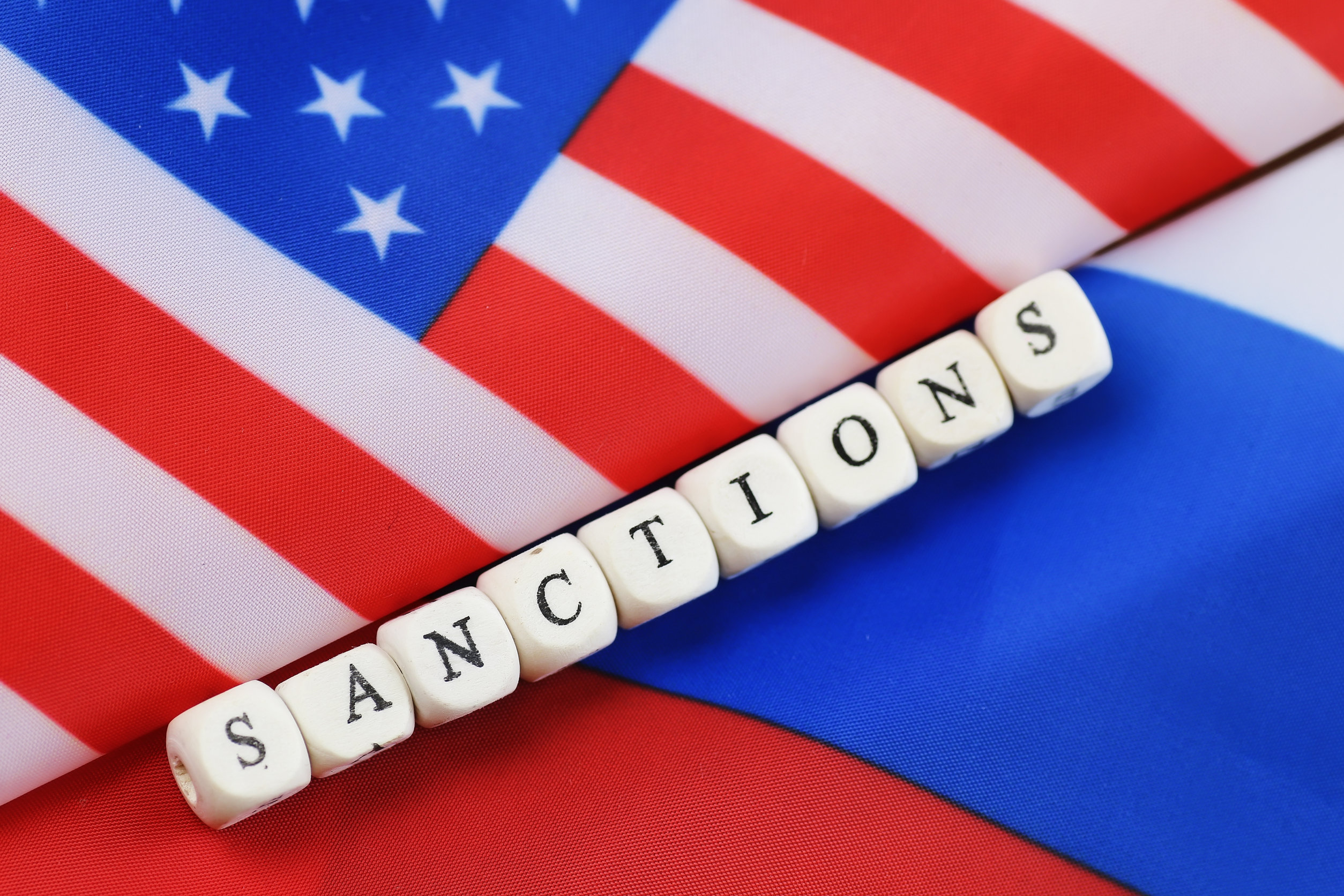The U.S. Department of Justice has declared sanctions to be the “new FCPA.” This is not just rhetoric; there are tectonic shifts already underway in how the U.S. government prosecutes sanctions evasion and what it expects from corporate compliance departments—who are caught in the middle between American and European national security priorities and increasing sophisticated evasion by adversaries. Join Michael H. Huneke of Hughes Hubbard & Reed LLP and Jonathan Cross of Herbert Smith Freehills LLP in this CLE webcast to learn what these changes mean and practical tips for responding to them.
The Future of International Arbitration: What to Expect in 2024 and Beyond
lazupardo2024-05-07T12:29:46-04:00In the ever-evolving landscape of international dispute resolution, the future unfolds with a tapestry of possibilities, challenges, and innovations. As we stand on the cusp of 2024 and peer into the horizon beyond, the realm of international arbitration takes center stage
Trade Challenges and Opportunities Amid the Wide-Ranging Economic Sanctions
lazupardo2023-06-20T23:26:03-04:00Trade compliance is becoming more complex as the economic sanctions regime continuously evolves. Emerging changes are drastically affecting various aspects of international trade such as imports, exports, foreign investments, and oil prices. Recently, Canada has introduced new legislation to include definitions of ownership and control and introduced new rules for seizing and forfeiting assets of Russian nationals, thereby pushing the boundaries of international sanctions law.
Successfully Navigating the Ins and Outs of the ITC Section 337 Investigations
Joenel2023-10-10T21:50:25-04:00Section 337 investigations at the United States International Trade Commission (ITC) involve high-stakes and complex procedures. These are governed by unique cross-disciplinary rules which call for a deep understanding of the ITC’s thought process and a specialized defense strategy for one’s intellectual property rights. To prevail in Section 337 investigations and dodge red flags, attorneys and practitioners should stay close to the recent developments in this field of law.
Guide to Complying with OFAC Sanctions Regulations
Joenel2024-05-02T10:01:08-04:00In this LIVE Webcast, a panel of thought leaders and professionals brought together by The Knowledge Group will provide and present an in-depth analysis of the fundamentals as well as recent developments in Compliance Guide to OFAC’s Recent Sanctions Regulations.
Recent CFIUS Developments: Examining Implications to US Foreign Investments
lazupardo2022-12-14T20:53:25-05:00In this LIVE Webcast, a panel of thought leaders and professionals brought together by The Knowledge Group will provide and present an in-depth analysis of the fundamentals as well as recent developments in Recent CFIUS Developments: Demystifying the Implications to US Foreign Investments. Speakers will also present all important issues surrounding this significant topic. Join us for this Knowledge Group Webinar!
ITC Litigation and Enforcement: Recent Legal Issues and Compliance Strategies Explored
lazupardo2023-01-12T02:41:49-05:00The US International Trade Commission (ITC) remains the avenue for investigating complex intellectual property (IP)-related disputes. Successful representation at the ITC draws heavily on strategic capabilities to handle intricate claims and high-stake investigations.
Demystifying the Economic Impact of US Sanctions Against Russia
Joenel2022-09-21T01:28:25-04:00The continuing US sanctions against Russia are expected to result in consequences that will go beyond the current Russia-and-Ukraine conflict. While the increase in inflation rate is still at the peak of the growing concerns, anxieties over rising gas prices, disrupted supply chains, spillover effects, and other essential areas are contributing to a cloudy outlook for the economy.
Anti-dumping (AD) and Countervailing Duties (CVD): A 2020 Update
Iwork OJT2022-09-28T23:37:12-04:00There has been an upsurge in antidumping (AD) and countervailing duties (CVD) petitions in recent years. Commerce Department and International Trade Commission practice has evolved with this increase in the caseload. Not only can these duties be very significant, but some of these new developments make it harder for foreign manufacturers and U.S. importers to assess potential AD and CVD risk.
Supply Chain Risks in the Face of COVID-19: Awareness and Mitigation Strategies
Iwork OJT2021-06-14T00:41:36-04:00The coronavirus pandemic has undoubtedly changed the business environment for organizations across the globe and has highlighted the need for business leaders to rethink the way in which their supply chains routes and supporting personnel are managed.
OFAC’s Heightened Enforcement Trends: Practical Compliance Tips and Strategies
Joenel2021-04-07T02:40:56-04:00In response to violations committed by U.S. persons as well as foreign organizations, the enforcement efforts of the Department of Treasury's Office of Foreign Assets Control (OFAC) have become more extensive. Some of the most significant OFAC enforcement actions this year include Eagle Shipping and Société Internationale de Télécommunications Aéronautiques (SITA) that were both assessed over $1 million civil penalties for their violations.
US Tariffs, Trade Wars, and Sanctions: Trends and Developments to Watch Out For
Joenel2021-06-14T22:16:54-04:00The year 2019 has seen significant developments in the use of U.S. sanctions and tariffs, as well as in the country’s ongoing trade war with China. The Trump administration has imposed the Office of Foreign Assets Control (OFAC) sanctions on several countries in 2019 including Iran, Venezuela, North Korea, and Russia. In the same year, the U.S. revealed the terms of its phase one trade deal with China, which increases China’s purchases of the former’s products and rollbacks U.S. tariffs.
OFAC Sanctions and Corporate Compliance: Practical Tips and Strategies to Avoid Risks and Pitfalls
jordan2021-05-20T05:09:26-04:00In May 2019, the US Treasury Department’s Office of Foreign Assets Control (OFAC) published a framework for OFAC compliance. The core elements of the guidance are aimed at creating a tailored risk-based strategy to ensure sanctions compliance across an organization. It also outlines five components of a compliance program and it includes an appendix identifying the root causes of compliance breakdowns and deficiencies. To mitigate risks, it is imperative for companies to assess the adequacy of their OFAC compliance programs and to tailor them to target risks relevant to the business.
Antidumping and Countervailing Duties: Ensuring Compliance While Mitigating Risks
TKG2021-12-23T03:46:41-05:00The enforcement and compliance landscapes for antidumping and countervailing duties continue to heighten as the number of cases and petitions filed against foreign importers continues to grow. Key issues include the U.S. Customs and Border Protection’s (CBP) increased number of requests for information and notice of actions to foreign importers, the potential expansion of Enforce and Protect Act (EAPA) authority to deter AD/CVD evasion as well as other foreign trade concerns.















